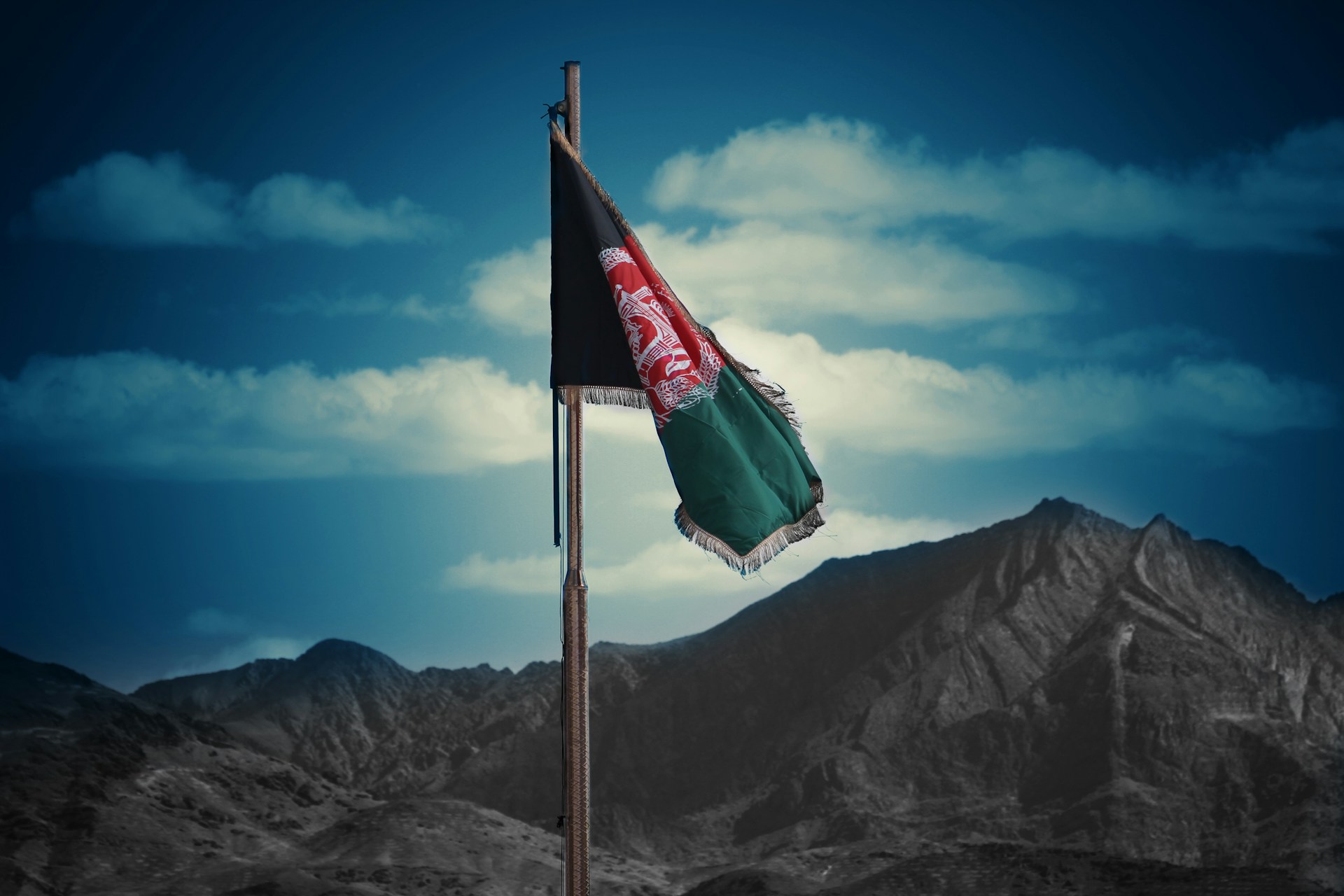Afghanistan and India have a rich history of cultural and diplomatic relations, dating back to the era of Gandhara and the Indus Valley civilization, which flourished in South Asia around the same time as the ancient civilizations of Egypt and Mesopotamia.
The political relations between Afghanistan and India can be analyzed in three or four distinct phases. Throughout these periods, Kabul has maintained older, broader, and, in many ways, more enduring ties with India than with any other country.
These political ties have reached a strategic level and were particularly strong during the Republic era. Despite recent challenges, the relationship continues to evolve and strengthen.
India has played a significant role in supporting Afghanistan’s stability, contributing approximately $3 billion in aid over the 20 years of the Republic, making it the fifth-largest donor after the United States, the European Union, and Japan.
India’s aid has supported several major projects in Afghanistan, including the construction of the Salma Dam, the Afghan Parliament building, a major transit road in Farah, and investments in the Shatoot Dam.
In this edition of Subat (Stability), we delve into the history and significance of the political relationship between Delhi and Kabul.
Our guest is Dr. Mirwais Balkhi, a former Afghan cabinet minister, who has also served as Deputy Ambassador to India and as a professor of International Relations at Jawaharlal Nehru University.
Views: 11











